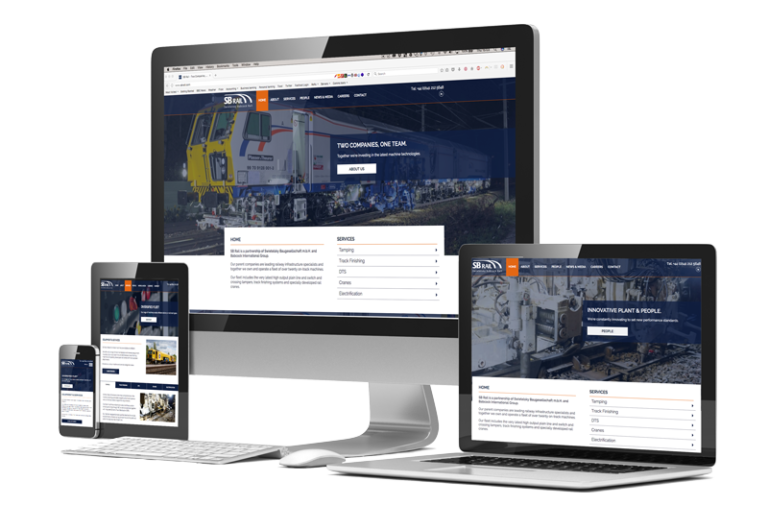Is WordPress Appropriate to Use for E-commerce?
In today’s digital age, establishing an online presence is crucial for businesses looking to reach a wider audience and maximize their revenue potential. When it comes to setting up an e-commerce website, choosing the right platform is a critical decision. WordPress, a popular content management system (CMS), has gained significant attention as a potential solution. However, the question remains: Is WordPress appropriate to use for e-commerce? Let’s dive into the advantages and considerations to help you make an informed decision.
Advantages of WordPress for E-commerce:
Versatility and Customization: One of the main strengths of WordPress is its flexibility and extensive customization options. With thousands of themes and plugins available, you can create a visually appealing and highly functional e-commerce website tailored to your specific needs. Whether you want a simple online store or a complex, feature-rich platform, WordPress provides the tools to build and modify your website to match your vision.
User-Friendly Interface: WordPress offers an intuitive user interface, making it accessible even for non-technical users. Its straightforward backend allows you to manage your products, inventory, and orders with ease. Additionally, the platform provides comprehensive documentation and a supportive community, making it easier to troubleshoot issues or seek assistance when required.
Vast Plugin Ecosystem: The WordPress plugin ecosystem is a treasure trove for e-commerce functionality. Popular plugins like WooCommerce, Easy Digital Downloads, and WP eCommerce seamlessly integrate into WordPress, enabling you to add robust e-commerce features, including product management, shopping carts, secure payments, and shipping options. These plugins empower you to transform your website into a fully functional online store without extensive coding knowledge.
Considerations for Using WordPress for E-commerce:
Scalability and Performance: While WordPress can handle small to medium-sized e-commerce websites, scalability might become a concern for larger online stores with high traffic and complex functionality requirements. As your business grows, you may need to invest in additional server resources or consider a dedicated e-commerce platform that specializes in handling heavy loads and high transaction volumes.
Security and Updates: Security is a vital aspect of any e-commerce website. As WordPress is an open-source platform, it is susceptible to security vulnerabilities if not regularly updated and maintained. You must implement security measures like using SSL certificates, secure hosting, and keeping plugins and themes up to date to protect your online store and customer information.
Technical Expertise: While WordPress offers a user-friendly interface, certain aspects may require technical expertise. Customizing themes, managing plugins, and troubleshooting compatibility issues might require some knowledge of web development. However, the availability of tutorials, guides, and professional support can help bridge the knowledge gap for users who are less technically inclined.
WordPress is a versatile and powerful CMS that can be suitable for e-commerce websites, particularly for small to medium-sized businesses. Its customization options, user-friendly interface, and extensive plugin ecosystem make it an attractive choice for entrepreneurs looking to establish an online store. However, it is essential to consider factors such as scalability, security, and technical expertise to ensure a successful and secure e-commerce operation.









